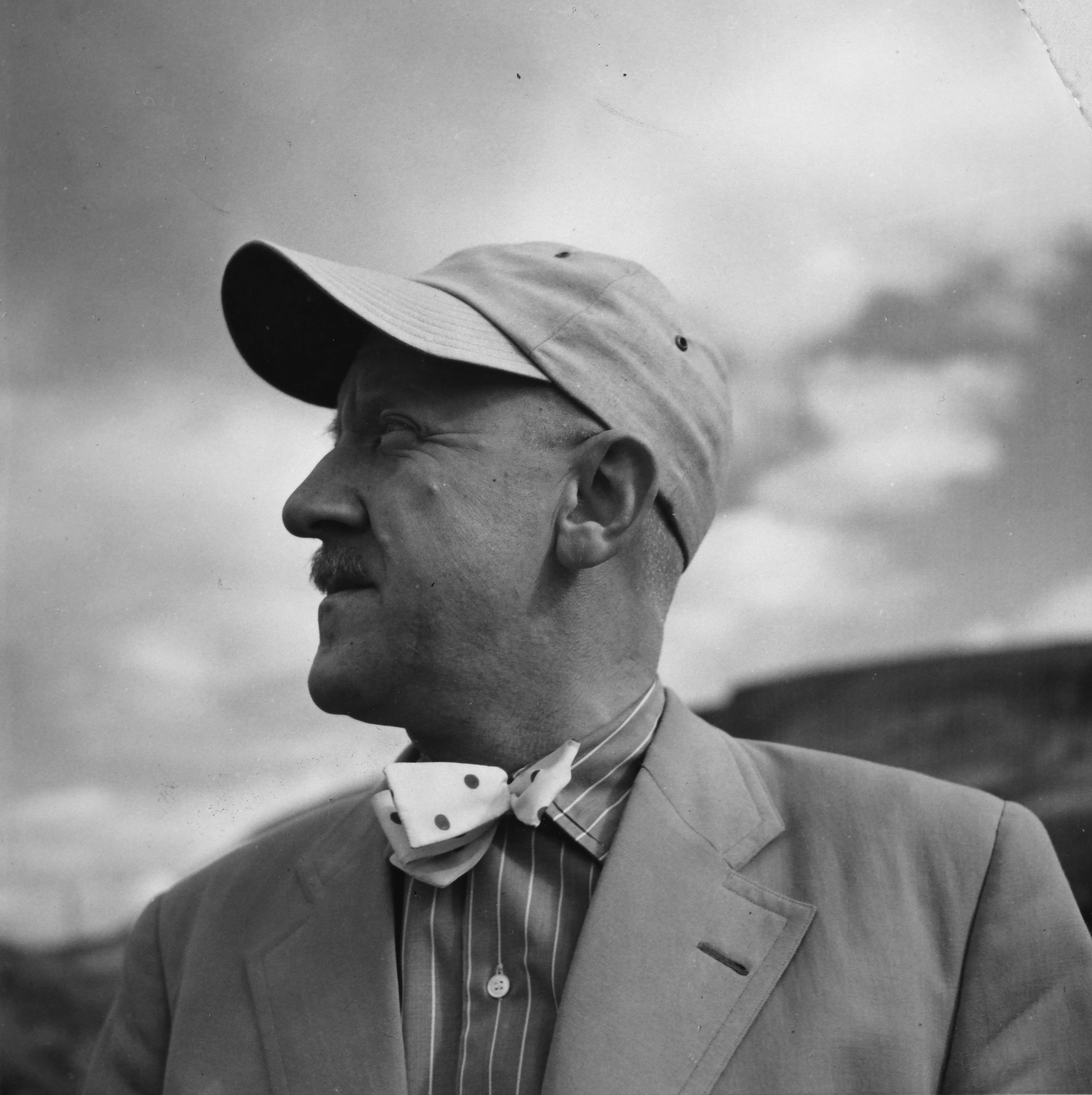Paradise Reclaimed was published in 1960. The central character, the farmer Steinar, has a vision of paradise on earth. He goes in search of it but returns home at the end of the book: his vision of Christ's thousand-year reign has proved a delusion. In the end, it is as if nothing has happened; Steinar is back where he was when he started. Laxness himself said in an article about the conception of Paradise Reclaimed: "A wise man once said, he who departs will never return; this is because when he does return, he is a different man from the man he was when he set out … Between the homefield from which he departed and the homefield to which he returns lie not only the kingdoms, oceans, and deserts of the world but also the Promised Land itself."
Steinar gains and then loses his faith or vision, but by the end, he has gained a new perspective on life. The same could be said of Halldór Laxness. Soviet socialism had turned out not to be the promised paradise.
Although Laxness's U-turn came as a shock to Icelanders, the staff of the American embassy in Reykjavík had recognized several years earlier, in 1955, that this influential man was undergoing some sort of change of heart. Carl H. Peterson, Public Affairs Officer at the embassy, wrote the following confidential report to the U.S. authorities: "[Laxness] has been at some pains recently to deny that he is a Communist, and in a recent radio address he took a less inflammatory tone than usual, even while he was declaiming in general terms for Icelandic independence."


